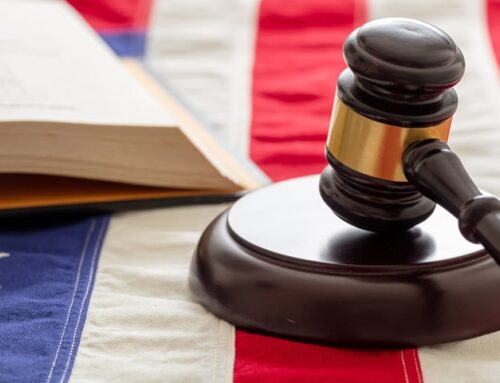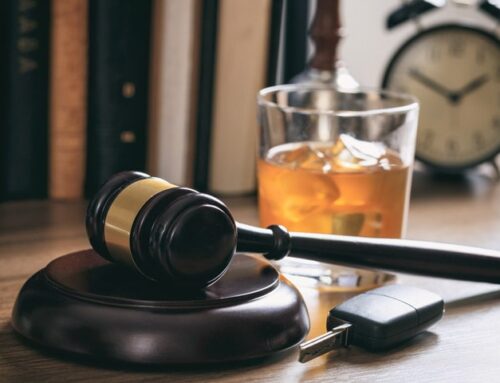I’ve been arrested for DUI – do I have a right to an attorney before a chemical test?
If you’ve been arrested for DUI in Utah, odds are good you’ll be taken to the police station where the police will want to conduct a breath or blood test. Of course, this is an uncomfortable process and you’d be forgiven for wanting to consult with an attorney before you let it go forward. Be careful!
Utah has what’s called an “Implied Consent” law (Utah Code Ann. § 41-6a-520). Under that law, you (as a driver) are deemed to have given “implied consent” to a chemical test of your breath, blood, or urine simply by virtue of driving on Utah roads. If a law enforcement officer has “grounds” to believe that you are under the influence of a substance while in actual physical control of your vehicle, you will have been deemed to have given “implied consent” to a chemical test.
So, if you’re under suspicion for DUI and an officer asks for your permission to take a chemical test, what should you do? We’ve all heard of our “Miranda rights” – those rights that tell us that we have the right to speak to an attorney. So do those rights apply here?
Sadly, no.
Utah’s Implied Consent law has been determined to be civil—rather than criminal—in nature. What does this mean? Well, your Miranda rights—including your right to an attorney—only apply to criminal matters. So you don’t actually have the right to speak to an attorney before deciding whether to submit to a chemical test.
This can be very dangerous. Many folks refuse to submit to a chemical test until they’ve spoken to an attorney. But Utah law says that you impliedly consent to a chemical test simply by using Utah roads. So what happens now? What happens if you refuse the chemical test?
Refusing a chemical test can be a dangerous thing. If you refuse, your license could be suspended (on a first-time refusal) for 18 months! You may also be subject to several years of zero-tolerance driving, where any amount of alcohol in your system (even well below the legal limit) would result in arrest. What’s more, if you refuse a chemical test, the police will likely obtain a search warrant for your bodily fluids, and they will be able to perform a chemical test even without your permission. So not only are you facing potential DUI charges but now your license has been suspended for 18 months.
So should you consent to a chemical test when asked by the police? In most cases, yes. All cases are different, so there is no hard-and-fast rule for everyone. But generally speaking, you will face fewer consequences by simply submitting to a chemical test without forcing the police to get a search warrant. Let a lawyer sort out what comes next. But don’t make things even worse for yourself by refusing a chemical test.





Leave A Comment